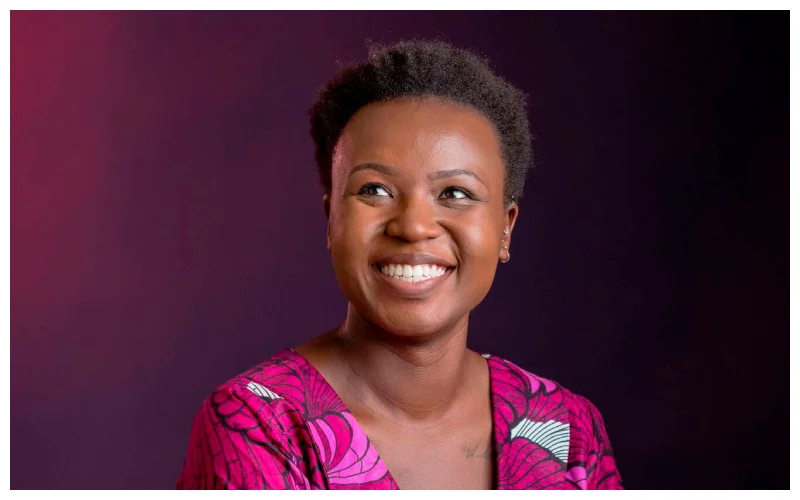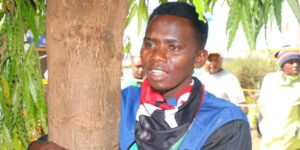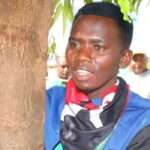A dedicated team of African researchers is channeling their efforts toward the development of advanced artificial intelligence (AI) tools designed specifically to cater to the variety of African languages.
The Masakhane Research Foundation, led by Kathleen Siminyu, indicates that widely utilized AI technologies like ChatGPT and voice-activated assistants lack accessibility for billions who do not speak dominant languages such as English, French, or Spanish. This highlights the demand for enhanced inclusivity and representation within the realm of language technology advancement.

Siminyu emphasizes the proactive nature of inclusion and representation in the early stages of language technology advancement. She believes that addressing the limitations in AI tools for African languages should be a foundational consideration rather than an afterthought.
The specialized tools in question rely on natural language processing, a feature of AI that enables computers to understand human languages. Through training, computers learn languages by identifying patterns within speech and text data.
However, the scarcity of data in specific languages, as observed in African languages, poses a challenge to this technology. To bridge this gap, the research team initially engaged key stakeholders vested in the development of tools for African languages.
Stakeholders including content creators, linguists, software engineers, and entrepreneurs shared insights into their experiences, motivations, challenges, and focal points. These perspectives are pivotal in establishing a robust infrastructure for language tools.
Read Also: Ways in Which AI Can Help Increase Press Freedom
Deliberations with these stakeholders revealed four fundamental considerations when designing AI tools for African languages. Firstly, the recognition of Africa’s multilingual context is paramount. This acknowledges the enduring impact of colonization and emphasizes the cultural significance of indigenous languages, which play essential roles in education, politics, and economics.
Secondly, the support for generating African content takes precedence. This entails creating foundational tools like dictionaries, spell checkers, and keyboards for African languages. Additionally, efforts should focus on removing financial and administrative barriers hindering the translation of governmental communications into various national languages across Africa.
Furthermore, a collaboration between linguistics and computer science is essential, as these disciplines intersect to yield innovative solutions centered around human needs. Ethical practices and community involvement in data collection and utilization also remain critical aspects.
The following phase for the team involves addressing potential barriers that might obstruct people’s access to this technology. Their study seeks to formulate a roadmap for developing diverse language tools, encompassing translation services and content moderation targeting misinformation.
Siminyu envisions a future where Africans can access information and opportunities at a level comparable to those fluent in languages like English, French, and Mandarin.
Subscribe to our YouTube channel at Switch TV
She acknowledges the increasing number of organizations working in this realm and highlights the coordination of efforts facilitated by this study’s findings. These findings provide clarity on priorities in terms of time and financial investments.
















